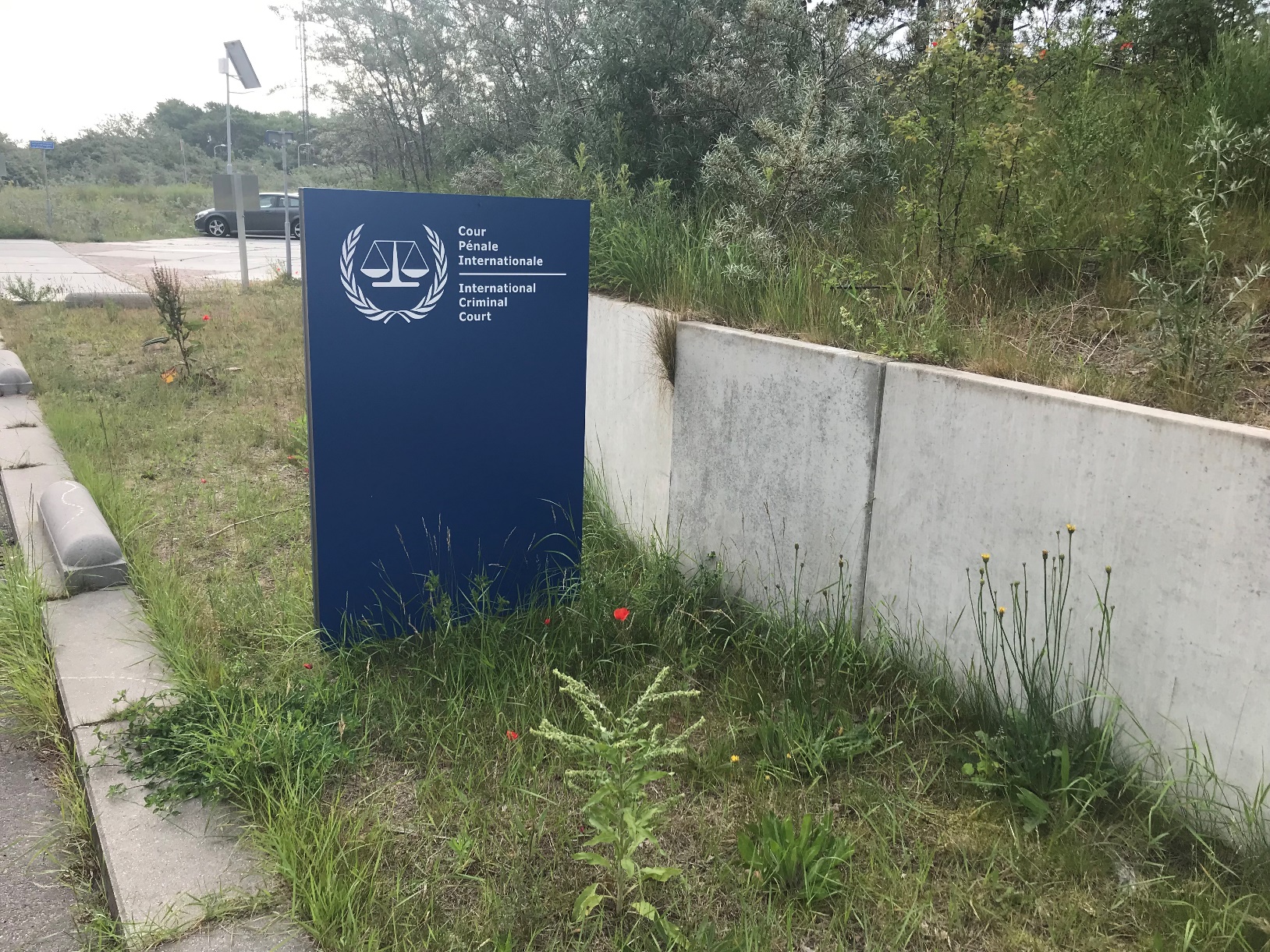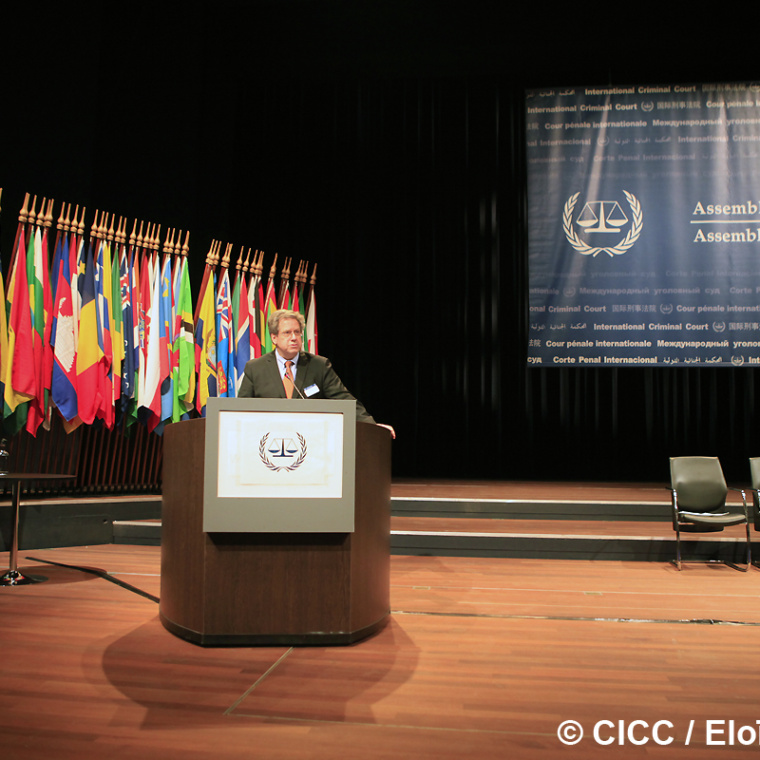TSILONIS Victor Panagiotis, (Greece)
1. The Committee noted that the candidate has strong professional and academic experience in the field of criminal law and procedure, having served as a principal barrister at a private law firm since 2004, dealing with criminal cases. The candidate has experience at the international level serving as an alternate member of the Disciplinary Board for Counsel at the International Criminal Court, as the Joint Vice President for Victims and Chairman of the Professional Standards Advisory Committee at the International Criminal Court Bar Association (ICCBA) as well as the junior legal advisor at the International Criminal Tribunal for the former Yugoslavia.
2. The Committee noted, that in addition to his qualifications under article 36, paragraph 3 (b) (i), of the Rome Statute, the candidate had experience in other areas of relevance to the work of the Court. He has, inter alia, academic experience teaching postgraduate studies of international criminal justice (2018–2019) at the Law School of the Democritus University of Thrace in Greece and served as the research fellow at the Department of Criminal Law and Criminology at the Aristotle University of Thessaloniki. The candidate has national legal experience on specific issues including domestic violence, discrimination, sexual assaults and violence against women and children.
3. The candidate demonstrated that he is knowledgeable about the general functioning of the Court, and is sufficiently familiar with the Rome Statute and the jurisprudence of the International Criminal Court, including the functions and powers of the Pre-Trial Chamber and the Trial Chamber. The candidate has undoubted experience of drafting judicial decisions.
4. The candidate proved himself to have a collegial approach; he exhibited a constructive attitude; and he has a marked passion for international criminal justice.
5. In light of the above, the Committee considered that his qualifications, as referred to in the written material submitted, met the requirements under article 36, paragraph 3 (b) (i), of the Rome Statute.
6. The Committee noted the candidate’s fluency in English and that he had intermediate knowledge of written French.
7. The candidate submitted replies to the common questionnaire and a signed standard declaration prepared by the Committee, pursuant to resolution ICC-ASP/18/Res.4 (annex II, section B). They are available on the webpage of the Committee at:
https://asp.icc-cpi.int/en_menus/asp/elections/judges/2020/Pages/Questionnaire-Declaration.aspx
8. Based on both his professional experience and his answers during the interview, the Committee concluded that the candidate is highly qualified for appointment as judge of the International Criminal Court.





